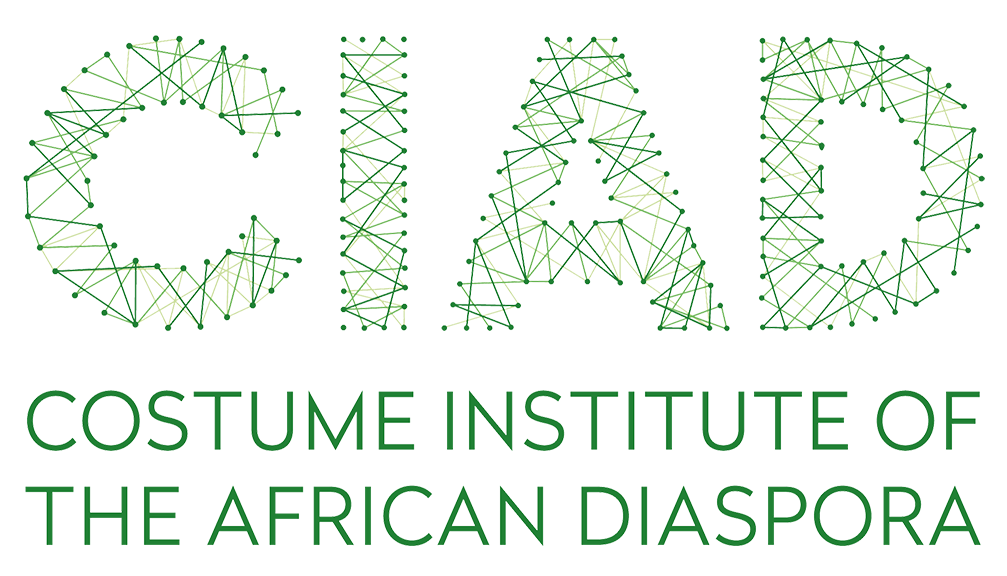Abstract
IN THE LATE 19605, REX NETTLEFORD was my tutor in the undergraduate course
“Modern Political Thought”, and the class, made up of Trinidadians,
Guyanese, Barbadians, Antiguans and Jamaicans, met in his office in the Trade
Union Education Institute, University of the West lndies (UWI), Mona.
I remember studying the text Two Concepts of Liberty by Isaiah Berlin, and
Nettleford was able to interpret in an insightful way that classic statement of
twentieth-century Western liberalism. Berlin had been a political emigre to
England from the Russian Revolution of 1917, had critically engaged Marxism
and written extensively on Russian intellectual history and its relationship to
Western intellectual thought. Berlin had been Nettleford’s tutor at Oxford
and he had heard Berlin deliver Two Concepts of Liberty as his inaugural professorial lecture in 1958.1 Berlin’s writings in political theory dealt with issues
of freedom and the global political impact of Marxism and the Russian
Revolution.
Nettleford, on the other hand, had been able to bring his intellectual powers and sensibility to bear on the consequences of the fall of empires and the wave of decolonisation that was reshaping the political geography of Asia, Africa and the Caribbean. It is this period of world history that provides the context to Netdeford’s political thinking and his extraordinary creative work.
